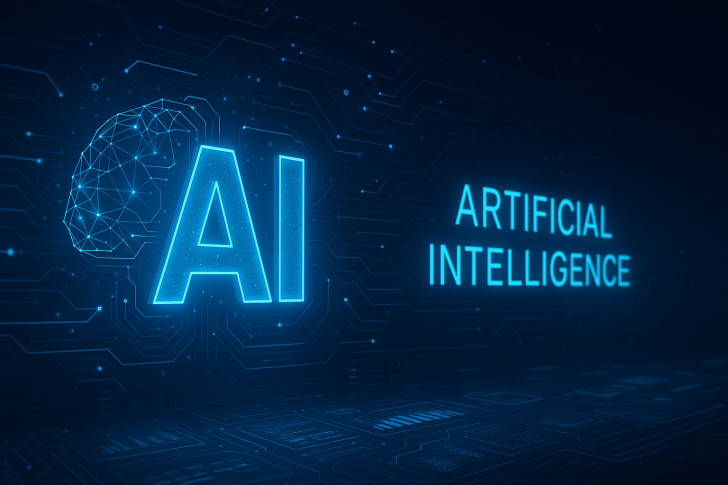The numbers reveal a stark divide: people in emerging markets are far more worried about AI replacing their jobs than those in developed nations.
What the Numbers Show
A recent tweet from Infodex brought attention to fascinating data from the Global Public Opinion on Artificial Intelligence survey by the Schwartz Reisman Institute for Technology and Society. The survey asked people whether they believe AI will definitely replace their jobs. The contrast is striking. India tops the list at 36%, followed by Pakistan at 31%. South Africa comes in at 23%, Mexico at 21%, and both Kenya and Chile at 20%. The United States sits at 18%. Meanwhile, wealthier nations show much less concern. Japan leads the optimists at just 5%, France at 7%, the UK and Poland both at 8%, and Germany and Australia at 10%.
There are real reasons behind this anxiety gap. Many emerging economies have built their growth on industries that AI can easily automate, like call centers, data processing, and manufacturing. Workers in these countries also face a tougher reality when jobs disappear. There's often less government support, weaker worker protections, and fewer opportunities to retrain. On top of that, AI is being adopted quickly in these markets, sometimes faster than people can adapt to the changes.
A Different Story in Developed Nations
In places like Europe, North America, and Japan, people tend to see AI as a helpful tool rather than a threat. These economies have more jobs that require creativity, judgment, and complex problem-solving, things AI can't easily replace. Strong labor laws and better social safety nets also make people feel more secure. There's a sense that AI will change how work gets done, but not eliminate the need for human workers altogether.
This gap in perception matters because it will shape how countries respond to AI. Emerging markets will likely push hard for training programs to help workers stay relevant. Governments everywhere will need to find the right balance between encouraging innovation and protecting people from being left behind. Companies, too, have a role to play. If they want public trust, they need to show that AI is meant to support workers, not replace them.
The survey paints a picture of a world divided not just by wealth, but by hope and fear. For millions in developing countries, AI feels like a looming threat to their livelihoods. In wealthier nations, it's seen more as a powerful assistant. Bridging this gap will be essential if we want an AI future that works for everyone, not just the fortunate few.
 Usman Salis
Usman Salis

 Usman Salis
Usman Salis


